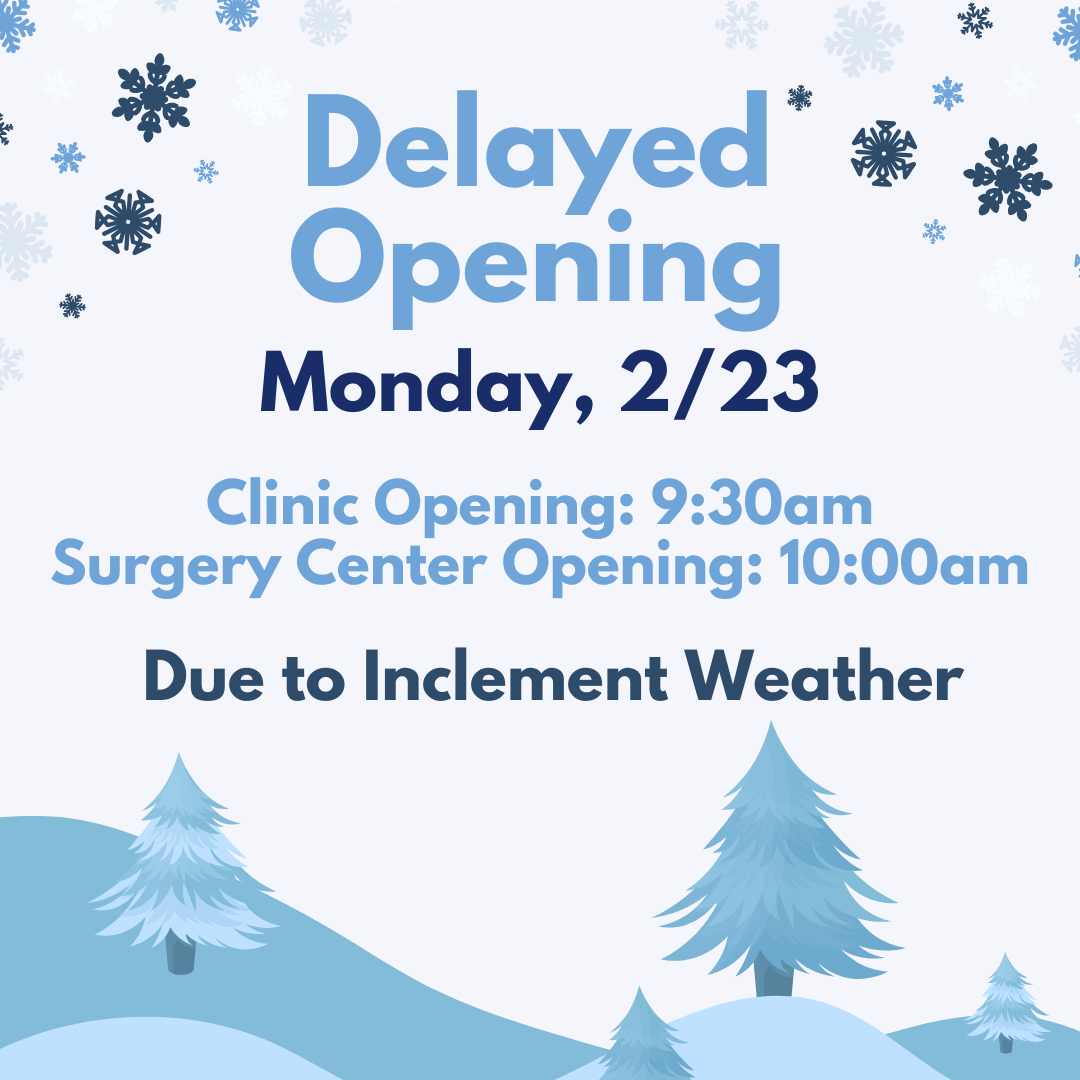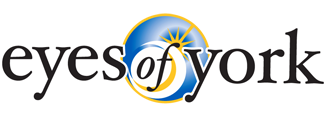How Often Should You Get an Eye Exam?
November 6, 2023
How often you should get an eye exam depends on a range of factors, including your age. It also depends on whether you have any existing eye conditions or are at an increased risk of developing one.
You should always follow your eye doctor's recommendation for frequency of eye exams. However, there are some general guidelines you can follow to help determine how often you should see your eye doctor.
Keep reading to learn how often you should get an eye exam!
What Happens During an Eye Exam?
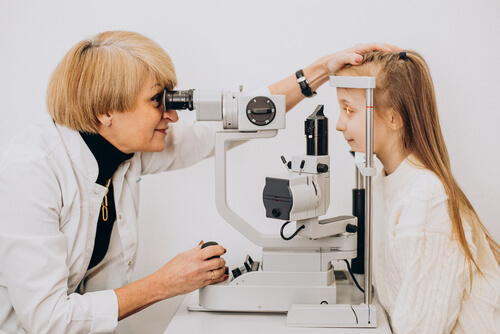
When you visit your eye doctor for an eye exam, plan to spend one to two hours at the office for them to be able to fully evaluate your vision and eye health. The eye exam will start with a conversation about any vision issues or concerns you have been experiencing.
Be prepared to share details about your medical history, including any family eye conditions, since certain diseases and medications can impact your eyes. From there, your eye doctor will likely conduct a series of in-depth tests to check on the health and functioning of your eyes.
These may include an eye chart test to measure your sharpness of vision, a test to evaluate your field of vision, an eye pressure test to screen for glaucoma, an eye muscle coordination exam, and an eye dilation using drops to closely inspect your retina and optic nerve. Your eye doctor will discuss the results of the comprehensive exam once completed and recommend the next steps to properly address any vision or eye health issues discovered during the screening.
This may include a prescription for corrective lenses or treatments for eye conditions like dry eye or infections. Regular eye exams allow early detection of problems, which is key to maintaining clear sight and preventing eye disease down the road.
Schedule an Appointment Today!
Infancy and Early Childhood (Up to Age 5)
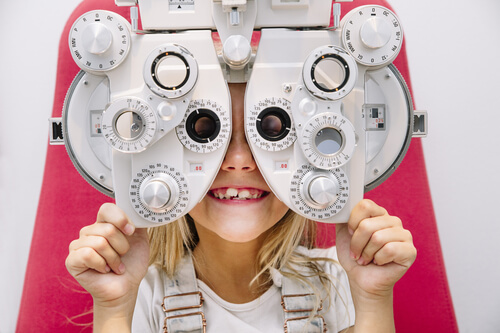
The American Optometric Association recommends that babies have their first eye exam around six months. This is recommended even if there are no signs of eye issues.
The eye doctor will evaluate their vision and eye health. Additional exams may be recommended if the child is premature, the mother had an infection during pregnancy, or if there's a family history of eye disease. Your pediatrician or eye doctor will discuss this schedule with you.
Generally, a second exam is recommended between the ages of three and five. During early childhood, the eyes develop rapidly.
This eye exam is important to make sure the development of their eyes is on track.
Childhood and Adolescence (Ages 6 to 17)
Toddlers should have an exam before they start first grade. From that point on, an annual exam is recommended throughout childhood and the teenage years.
The eyes continue to grow and develop during this time. For many individuals, nearsightedness, farsightedness, and astigmatism will present during elementary, middle, and high school.
Vision correction, whether glasses or contact lenses, is needed in order for them to see clearly and be successful in school. For those who already wear visual aids, exams may be recommended more often to check that they are still effective.
Adulthood (Ages 18 to 64)
Once they reach adulthood, if they are generally healthy, most people should have an eye exam every other year. However, if you carry an increased risk of developing an eye condition, an eye exam is recommended at least every year.
- Risk factors include:
- Having a family history of certain eye conditions
- Taking a medication that affects the eye
- Having diabetes
- Being of a particular descent
Early detection and diagnosis is vital for successfully treating any condition. More frequent exams allow the eye doctor to recognize early signs and symptoms.
Annual eye exams are also important if you wear contact lenses, because they can make you more susceptible to conditions like dry eye as well as infections.
Older Adults (65+)
Once you reach sixty-five, eye exams should occur more frequently. Typically, an annual exam is recommended.
As you get older, you are more likely to develop a range of age-related conditions. These include cataracts, macular degeneration, and glaucoma.
While these can be serious, vision-threatening conditions, signs are not always obvious to the person who has them. Eye exams are opportunities for your doctor to catch a condition in the early stages.
Is it time for you to have an eye exam?
Schedule an Appointment Today!
Preparing for Your Eye Exam
To get the most out of your eye exam, come equipped with the following:
Your Glasses
Bring your current prescription glasses so the eye doctor can check if they are still the proper prescription strength.
Contact Lens Supplies
Have your brand, prescription strength, and wearing schedule ready to discuss with the eye doctor.
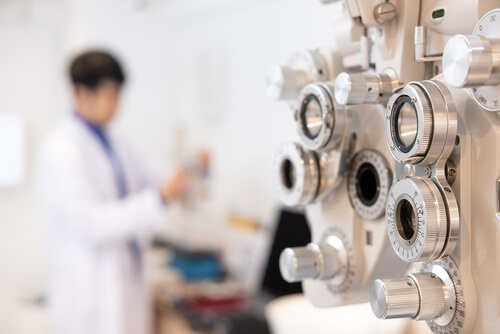
List of Medications
Provide a list of all medications you currently take, including eye drops, as certain medications can impact eye health.
Eye Health History
Note any family history of eye diseases or conditions you have personally experienced, like cataracts, glaucoma, dry eyes, etc.
List of Questions
Write down any eye or vision issues you want to discuss with your eye doctor.
Are you due for a visit with the eye doctor? Schedule an appointment at Eyes of York in York, PA, today!
